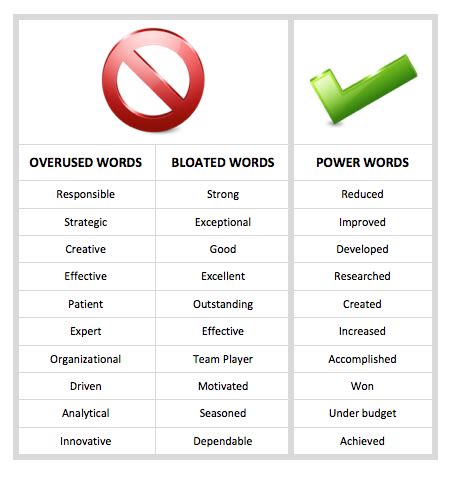Resume Skills To Avoid: What Not To Include

When it comes to writing a resume, there are certain skills and experiences that can make you stand out from the competition. However, there are also some skills that you should avoid including in your resume. These skills can make you appear unprofessional or unqualified for the job. In this post, we’ll discuss the top skills to avoid including in your resume.
1. Irrelevant Skills
One of the biggest mistakes job seekers make is including irrelevant skills in their resume. While it may be tempting to include every skill you have, it’s important to only include the skills that are relevant to the job you’re applying for. For example, if you’re applying for a marketing position, there’s no need to include your skills in computer programming.
Example:
If you’re applying for a marketing position, it’s best to include skills such as:
- Marketing strategy development and implementation
- Market research and analysis
- Social media management
- Content creation and copywriting
2. Basic Computer Skills
In today’s digital age, basic computer skills are a given. Including skills such as “Microsoft Word” or “Email” in your resume can make you appear outdated and out of touch with current technology. Instead, focus on more advanced computer skills that are relevant to the job.
Example:
If you’re applying for a job in the tech industry, it’s best to include skills such as:
- Programming languages (e.g. Python, Java, etc.)
- Database management
- Cloud computing
- Web development
3. Soft Skills
While soft skills such as communication, teamwork, and leadership are important, they should be demonstrated through your work experience rather than listed as skills on your resume. Including a laundry list of soft skills can make you appear unprofessional and lacking in hard skills.
Example:
Instead of listing soft skills on your resume, provide examples of how you’ve demonstrated these skills in your previous work experience. For example:
Effective Communication: Successfully collaborated with cross-functional teams to achieve project goals and deliverables.
4. Generic Skills
Skills such as “problem-solving” and “attention to detail” are important, but they’re also generic and don’t provide any specific information about your abilities. Instead, try to provide specific examples of how you’ve used these skills in your work experience.
Example:
Instead of including “problem-solving” in your resume, try to provide a specific example of how you’ve solved a problem in your previous work experience. For example:
Problem-Solving: Identified and resolved a software bug that was causing delays in product delivery, resulting in a 20% increase in customer satisfaction.
5. Personal Information
While it may be tempting to include personal information such as your age, marital status, or religious affiliation, it’s important to remember that this information is irrelevant to your job qualifications and can lead to discrimination. Stick to the relevant information such as your work experience and skills.
Example:
Instead of including personal information such as your age or marital status, focus on providing relevant information such as:
- Work experience
- Education
- Skills
- Awards and achievements
Conclusion
By avoiding these common resume mistakes, you can increase your chances of getting hired for the job you want. Remember to focus on providing relevant and specific information about your skills and experiences, and to avoid including any irrelevant or personal information.
FAQs
What are the most common mistakes to avoid when writing a resume?
The most common mistakes to avoid when writing a resume include including irrelevant skills, listing basic computer skills, including a laundry list of soft skills, listing generic skills without providing specific examples, and including personal information.
Why is it important to tailor your resume to the job you’re applying for?
Tailoring your resume to the job you’re applying for shows that you’ve done your research and that you’re a good fit for the job. It also helps you stand out from the competition and increases your chances of getting hired.
Should I include my GPA on my resume?
Unless you’re a recent graduate with limited work experience, it’s generally not necessary to include your GPA on your resume. Instead, focus on providing relevant work experience and skills.
